Foreign Policy ponders China’s intent and capabilities using the yardstick of major global reserve currency as litmus test for its arrival as genuine global power.
In my mind the question feels like this – Will top-down stability prioritising China drop the bicycle, adopt a paradigm shift, pick up the surf board and embrace the complicit volatility of internationalisation? How will it fare being influenced by the knitty gritty of another’s backyard just when it’s getting used to being the influencer?
There are three degrees of RMB internationalization. First, China and its major trading partners transact in RMB; this has been happening since 2009. The next step is widespread third-party usage of the RMB in financial and trade transactions. In other words, only when parties undertaking transactions unrelated to China regularly use the RMB will it truly be an international currency. For the RMB to take the final step and become a global reserve currency, central banks around the world would have to maintain sizable holdings of RMB to insure against their own financial risks. In other words, the RMB would become a so-called safe-haven currency the way that the dollar and the yen are today.
Victor Shih is an assistant professor at Northwestern who investigates the political economies of developing countries and how politics affect economic outcomes in China. His personal blog is available here (last updated in 2011, he is far more active on his Twitter account these days)
Susan Shirk is chair of the 21st Century China Program and Ho Miu Lam Professor of China and Pacific Relations at the School of International Relations and Pacific Studies at UC San Diego. She is also behind the books Changing Media, Changing China and China: Fragile Superpower
– – –
To Renminbi Or Not to Renminbi?
Why China’s currency isn’t taking over the world.
by Victor Shih and Susan Shirk
Source – Foreign Policy, October 18, 2012

Source – Foreign Policy, 2012
As China moves up the economic pecking order, it has been trying to promote its currency, the renminbi (RMB), as an alternative to the U.S. dollar. The Chinese government has ambitious plans for establishing offshore centers where companies can raise RMB funds, internationalizing its currency, and possibly enabling the RMB to supplant the dollar as the global reserve currency. The U.S. dollar isn’t the only global reserve currency — countries also keep some of their foreign exchange reserves in euros and yen — but it has been the dominant one since the 1944 Bretton Woods conference.
During Tuesday night’s presidential debate, Republican nominee Mitt Romney repeated his promise to label China a “currency manipulator” on his first day in office. The heated rhetoric on China in the debate, and throughout the campaign, over which candidate would be tougher on China’s currency manipulation and other unfair trade practices reflects Americans’ anxieties about the relative standing of the U.S. and Chinese economies, and it suggests that a shift to the RMB would resonate deeply in U.S. domestic politics. However, despite the bluster, the dollar will remain dominant.
Americans benefit from the dollar’s hegemony: Because the world needs dollars, the U.S. government and American consumers can borrow at a lower cost. By conducting transactions in their own currency, U.S. companies reduce the hassle and the risk of sudden shifts in exchange rates. Americans also hold their heads a bit higher knowing that even with a struggling economy, governments all over the world still view the United States as the most reliable country for protecting their foreign exchange reserves. As the title of economist Barry Eichengreen’s 2011 book puts it, it is an “exorbitant privilege” that Americans have come to take for granted. If the RMB supplants the U.S. dollar as the global reserve currency, the world financial system will hum to the tunes of China, and U.S. fiscal and economic policies will become more constrained by international pressures, including the threat of a sharp currency depreciation. Read the rest of this entry »
Filed under: Beijing Consensus, Charm Offensive, Chinese Model, Collectivism, Communications, Crime, Domestic Growth, Economics, Finance, Government & Policy, Influence, International Relations, Mapping Feelings, Media, Modernisation, Peaceful Development, Politics, Public Diplomacy, Reform, Soft Power, Strategy, Tao Guang Yang Hui (韬光养晦), The Chinese Identity, Trade, U.S., Yuan, China's Rise, Economics, International Relations, Politics, Public Diplomacy, RMB, Strategy




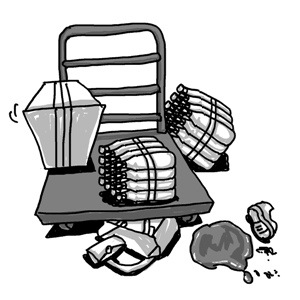
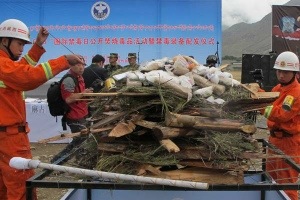
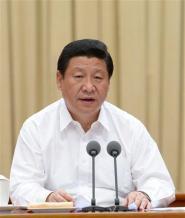







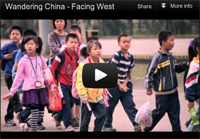

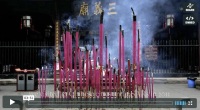



The Sharing Circle